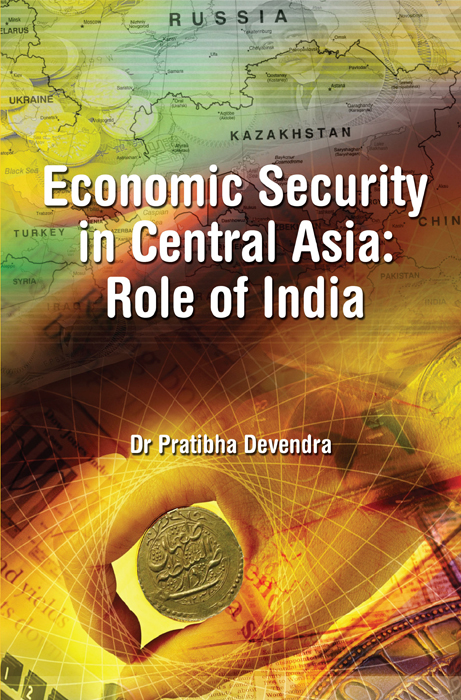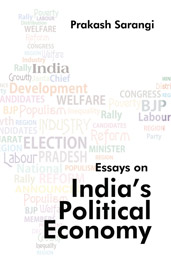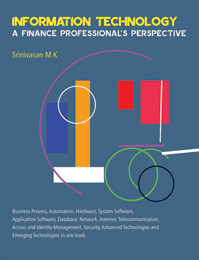Subjects
Recent View(s)
Economic Security Dimensions in Central Asia: Role of India
Pratibha Devendra
With the dawn of the twenty first century, the debate on the classical formulation of national security versus human security or comprehensive security gained momentum amongst think tanks. The forces of globalisation and regionalisation have reshaped the contours of the existing international economy order and have brought new challenges to the forefront. India is no different story. Economic integration has both historical and modern dimensions, and quite rightly, attracts the attention of politicians and experts worldwide; consequently, the geostrategic, political and economic importance of Central Asian Region cannot for much longer remain excluded from Indian concerns and strategies. The five Central Asian States – Kazakhstan, Kyrgyzstan, Tajikistan, Turkmenistan, and Uzbekistan are richly endowed with commodities such as crude oil, natural gas, cotton, gold, copper, aluminum and iron, still struggling with the transition to free market economies. The Annual Report of India’s Ministry of Defence stressed the five Central Asian States as an area of vital importance not only because of its geographical proximity and India’s historical and cultural links but also because of the common challenge they all face from extremism and terrorism. In spite of common interests, the altitude of trade involving the two sides is abysmally low. However, in recent times, trade and investment relations between India and Central Asia have been a cause of concern for policymakers, analysts, academicians, media and the businesspersons.
Essential objective of our nation’s national security strategy is to promote India’s prosperity through efforts both at home and abroad and our affluence at home depends on engaging vigorously abroad. The strength of our diplomacy, our ability to maintain an unrivalled military and the attractiveness of our values depend in part on the strength of our economy. The challenge, therefore, is to keep the engines of growth running through trade, commerce and every other form of human endeavour, whilst at the same time keeping disruptive forces at bay. This book aims to generate ideas of discussion, research and a mechanism to march towards exploring the possibilities of using economic interests as a positive force for bilateral and multilateral relationship.


 Political Science
Political Science


